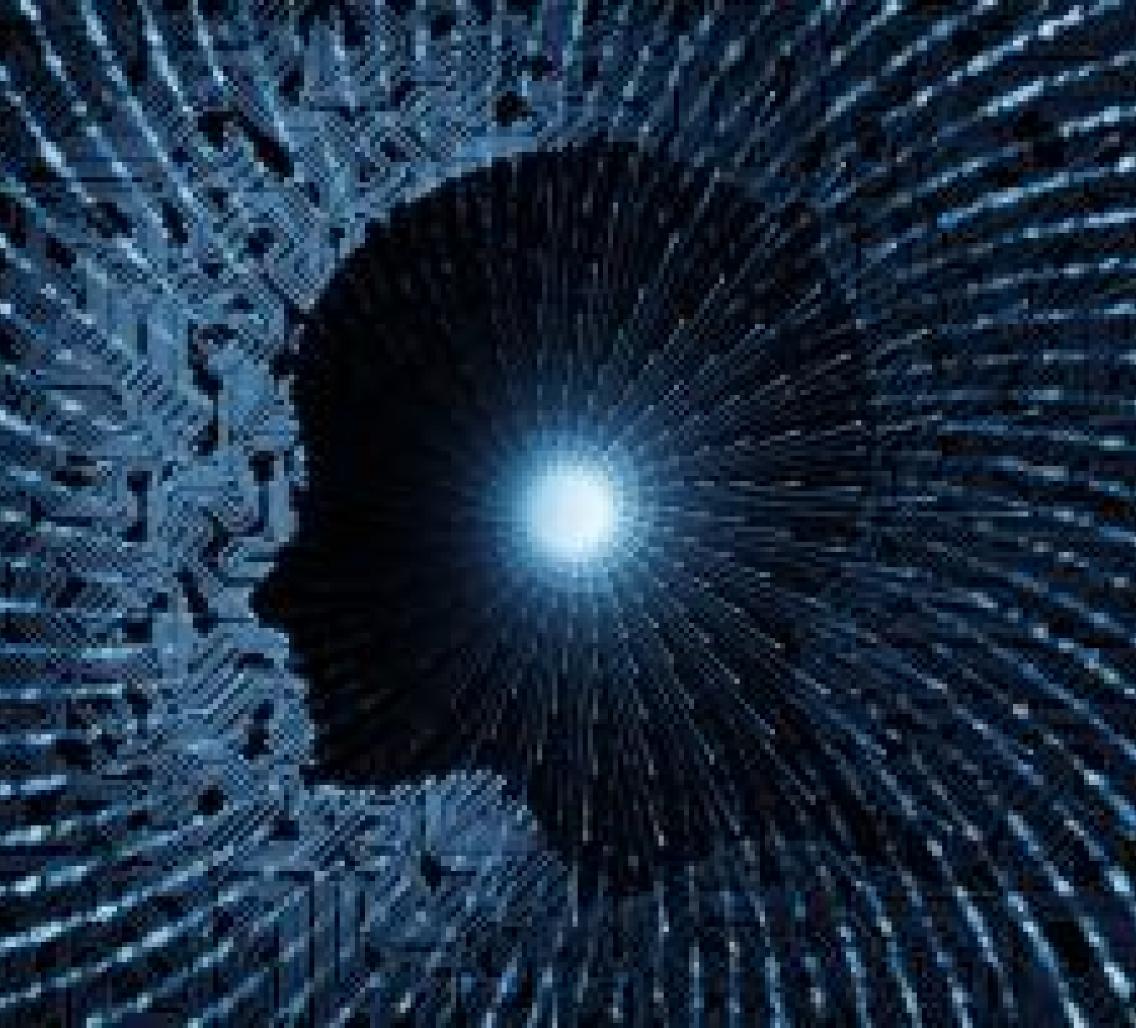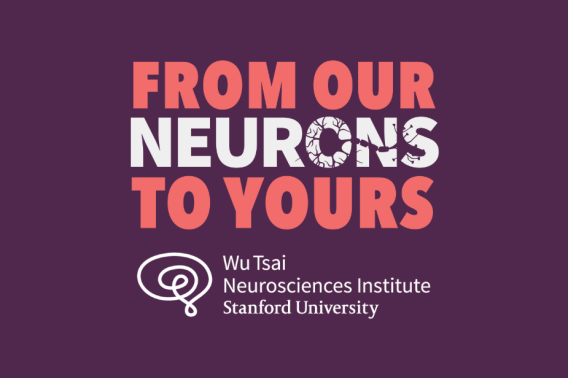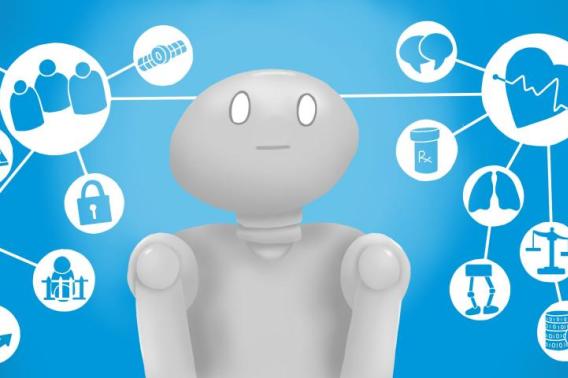Research projects link neuroscience and AI to advance human health

At the intersection of artificial intelligence (AI) and neuroscience is a mutually beneficial relationship with the potential to transform brain health, counter disease, and develop scientifically grounded AI technologies inspired by the versatility and depth of human intelligence.
For the first time, the Wu Tsai Neurosciences Institute and Institute for Human-Centered Artificial Intelligence (HAI) at Stanford have partnered to award a combined $500,000 to four cross-disciplinary research teams who are reimagining how neuroscience and AI can work together to unlock new insights about the human brain in health and disease.
For example, one of the grantees under this program is working on a new approach to at-home stroke rehabilitation therapy, using robotics, brain-computer interface, virtual reality, and wireless technology. By introducing real-time feedback, the researchers believe the system will be able to engage more neural circuits in the patient’s brain and enhance physical therapy.
Other grantees are exploring applications of AI in restoring speech to people with paralysis and tracking the progression of Parkinson's Disease, while the fourth aims to understand the remarkable energy-efficient computational capacity of the human brain to inform next generation computer chips.
“Neuroscience and artificial intelligence have both seen rapid growth in recent years. Many areas of neuroscience will benefit from the infusion of AI,” said Kang Shen, Vincent V.C. Wu Director of the Wu Tsai Neurosciences Institute, and Frank Lee and Carol Hall Professor of biology and of pathology. “We look forward to seeing these research teams pave the way for ethical advancements in human-inspired AI and its impact on understanding the development and function of the brain in health and disease.”
Proposals were selected based on their probability to make strong advances in both fields. “HAI and Wu Tsai Neuro share a commitment to funding proposals that make a persuasive case for how initial results will catalyze further support from internal and external stakeholders,” said James Landay, Stanford HAI Vice Director and Faculty Director of Research.
Sadly, one awardee, electrical engineering professor Krishna Shenoy, passed away in January. The science will go on, however, said co-PIs Zhenan Bao and Shaul Druckmann. "Krishna's longterm vision was to build brain computer interfaces to restore movement and communication to people with paralysis," said Druckmann. "We hope that by shedding light on how the brain controls the complex musculature underlying speech, our devices can contribute to making his vision a reality."
Learn more about the Wu Tsai Neuro & HAI Partnership Grant recipients:
Funded Projects
At-home Stroke Rehabilitation System based on Augmented Reality and Brain Computer Interface Paradigm
This team aims to revolutionize future stroke treatment both in clinics and at home by combining a brain-computer interface and augmented reality (AR) into a single rehabilitation platform.
- Ada Poon, Main PI, School of Engineering, Dept of Electrical Engineering
- Monroe Kennedy III, Co-PI, School of Engineering, Dept of Mechanical Engineering
- Maarten Lansberg, Co-PI, School of Medicine, Dept of Neurology
Silent Speech Decoding Using Flexible Electronics and Artificial Intelligence
This team aims to advance augmentative and alternative communication technology for people with communication disorders and enable new forms of human-computer interaction by combining novel materials science with modern machine learning.
Dr. Krishna Shenoy passed away January 21, 2023.
Read his obituary here. Gifts in Krishna’s honor may be made to the Pancreatic Cancer Action Network.
- Zhenan Bao, Main PI, School of Engineering, Dept of Chemical Engineering
- Shaul Druckmann, Co-PI, School of Medicine, Dept of Neurobiology
- Krishna Shenoy†, Co-PI, School of Engineering, Dept of Electrical Engineering
- Jaimie Henderson, Co-PI, School of Medicine, Dept of Neurosurgery
The Synaptic Organization of Dendrites
This team aims to mine a microscale reconstruction of a millimeter-cube of brain tissue to uncover how dendrites decode patterns of incoming signals. The project will test hypotheses that could confer the energy efficiency of neural circuits on next generation computer chips.
- Kwabena Boahen, Main PI, School of Engineering, Dept of Bioengineering
- Andreas Tolias*, Co-PI, School of Medicine, Dept of Ophthalmology (Joined Stanford January 2023)
Tracking Parkinson’s Disease with Transformer Models of Everyday Looking Behaviors
This project aims to track cognitive decline in Parkinson’s patients by measuring and modeling how patients explore the world with their eyes. The long-term goal of this project is to set a foundation for minimally-invasive and sensitive measures for diagnosing and tracking neurodegenerative diseases.
- Justin Gardner, Main PI, School of Humanities and Sciences, Dept of Psychology
- Leila Montaser Kouhsari, Co-PI, School of Medicine, Dept of Neurology



